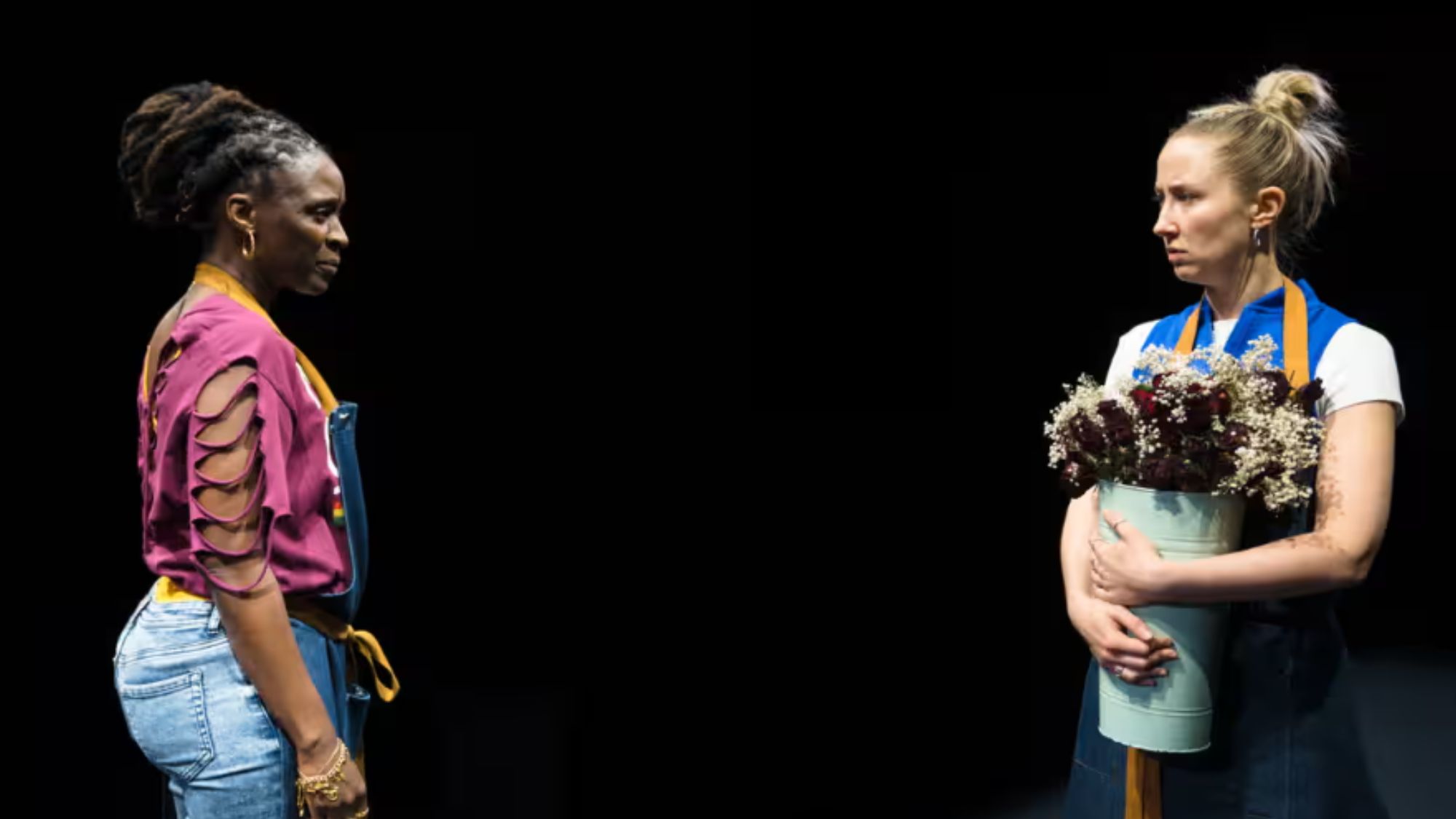Book of the week: The Fall of a Sparrow by Ann Pasternak Slater
Pasternak Slater delves into the unhappy tale of T.S. Eliot’s ‘problem’ wife, who ended up in a psychiatric hospital

A free daily email with the biggest news stories of the day – and the best features from TheWeek.com
You are now subscribed
Your newsletter sign-up was successful
Everybody has heard of T.S. Eliot’s “problem” wife, who ended up in a north London psychiatric hospital, said Bryan Appleyard in The Sunday Times. “But few have tried to understand her.” This is something Ann Pasternak Slater rectifies in The Fall of a Sparrow, which charts Vivien Eliot’s life in greater detail – and with more “sympathetic insight” – than any previous biography. Pasternak Slater acknowledges that Vivien could be immensely difficult, and that her effect on her husband was oppressive. Yet she also presents her as a “talented and highly intelligent” woman who was important in shaping Eliot’s poetry: both by her suggestions of improvements to specific lines (most notably of The Waste Land), and by generating the “anguish and confusion” that informed so much of his work. Drawing on a wide range of sources, including Vivien’s own unpublished stories and poems, this “monumental work” is “likely to be definitive”.
Vivien married Eliot in 1915, a year after his arrival in England from the US, said Rachel Cooke in The Observer. “Right from the start, things were difficult.” They rented a flat owned by Bertrand Russell, and Vivien “would quite soon go to bed with their landlord” – who later described their congress as having a “quality of loathsomeness about it”. Eliot’s Bloomsbury friends were no more complimentary of the Bury-born Vivien: for Katherine Mansfield, she was a “teashop creature”; Virginia Woolf recalled her “making me almost vomit”. She developed a baroque range of ailments, said Ian Thomson in the London Evening Standard, including septic influenza, depressive mania and “colonic explosions”. Eliot eventually “withdrew into icy silence” and, after abandoning Vivien in 1933, communicated with her entirely via lawyers.
Although Pasternak Slater promises to shun “conjecture”, she actually goes in for quite a bit of it, said Kathryn Hughes in The Guardian. Without much evidence, she explains Vivien’s various blights by claiming she suffered from Munchausen’s – a condition where patients feign illness in order to elicit love and sympathy. She suggests that, later on, Vivien developed “split personality” – again, without real evidence, and with a definition “culled from Wikipedia”. This book isn’t an uplifting read, said Tristram Fane Saunders in The Daily Telegraph. For its 784 pages, you are “shut up in grinding proximity” with two exceedingly unhappy people. Yet it is finely written and a “remarkable feat of scholarship” – and, moreover, it achieves the impressive feat of making you feel “immense pity for both of them”.
The Week
Escape your echo chamber. Get the facts behind the news, plus analysis from multiple perspectives.

Sign up for The Week's Free Newsletters
From our morning news briefing to a weekly Good News Newsletter, get the best of The Week delivered directly to your inbox.
From our morning news briefing to a weekly Good News Newsletter, get the best of The Week delivered directly to your inbox.
Slater Faber 784pp £35; The Week bookshop £23.99 (incl. p&p)
The Week bookshop
To order these titles or any other book in print, visit theweekbookshop.co.uk, or speak to a bookseller on 020-3176 3835. Opening times: Monday to Saturday 9am-5.30pm and Sunday 10am-4pm.
A free daily email with the biggest news stories of the day – and the best features from TheWeek.com
-
 Antonia Romeo and Whitehall’s women problem
Antonia Romeo and Whitehall’s women problemThe Explainer Before her appointment as cabinet secretary, commentators said hostile briefings and vetting concerns were evidence of ‘sexist, misogynistic culture’ in No. 10
-
 Local elections 2026: where are they and who is expected to win?
Local elections 2026: where are they and who is expected to win?The Explainer Labour is braced for heavy losses and U-turn on postponing some council elections hasn’t helped the party’s prospects
-
 6 of the world’s most accessible destinations
6 of the world’s most accessible destinationsThe Week Recommends Experience all of Berlin, Singapore and Sydney
-
 Friendship: 'bromance' comedy starring Paul Rudd and Tim Robinson
Friendship: 'bromance' comedy starring Paul Rudd and Tim RobinsonThe Week Recommends 'Lampooning and embracing' middle-aged male loneliness, this film is 'enjoyable and funny'
-
 The Count of Monte Cristo review: 'indecently spectacular' adaptation
The Count of Monte Cristo review: 'indecently spectacular' adaptationThe Week Recommends Dumas's classic 19th-century novel is once again given new life in this 'fast-moving' film
-
 Death of England: Closing Time review – 'bold, brash reflection on racism'
Death of England: Closing Time review – 'bold, brash reflection on racism'The Week Recommends The final part of this trilogy deftly explores rising political tensions across the country
-
 Sing Sing review: prison drama bursts with 'charm, energy and optimism'
Sing Sing review: prison drama bursts with 'charm, energy and optimism'The Week Recommends Colman Domingo plays a real-life prisoner in a performance likely to be an Oscars shoo-in
-
 Kaos review: comic retelling of Greek mythology starring Jeff Goldblum
Kaos review: comic retelling of Greek mythology starring Jeff GoldblumThe Week Recommends The new series captures audiences as it 'never takes itself too seriously'
-
 Blink Twice review: a 'stylish and savage' black comedy thriller
Blink Twice review: a 'stylish and savage' black comedy thrillerThe Week Recommends Channing Tatum and Naomi Ackie stun in this film on the hedonistic rich directed by Zoë Kravitz
-
 Shifters review: 'beautiful' new romantic comedy offers 'bittersweet tenderness'
Shifters review: 'beautiful' new romantic comedy offers 'bittersweet tenderness'The Week Recommends The 'inventive, emotionally astute writing' leaves audiences gripped throughout
-
 How to do F1: British Grand Prix 2025
How to do F1: British Grand Prix 2025The Week Recommends One of the biggest events of the motorsports calendar is back and better than ever